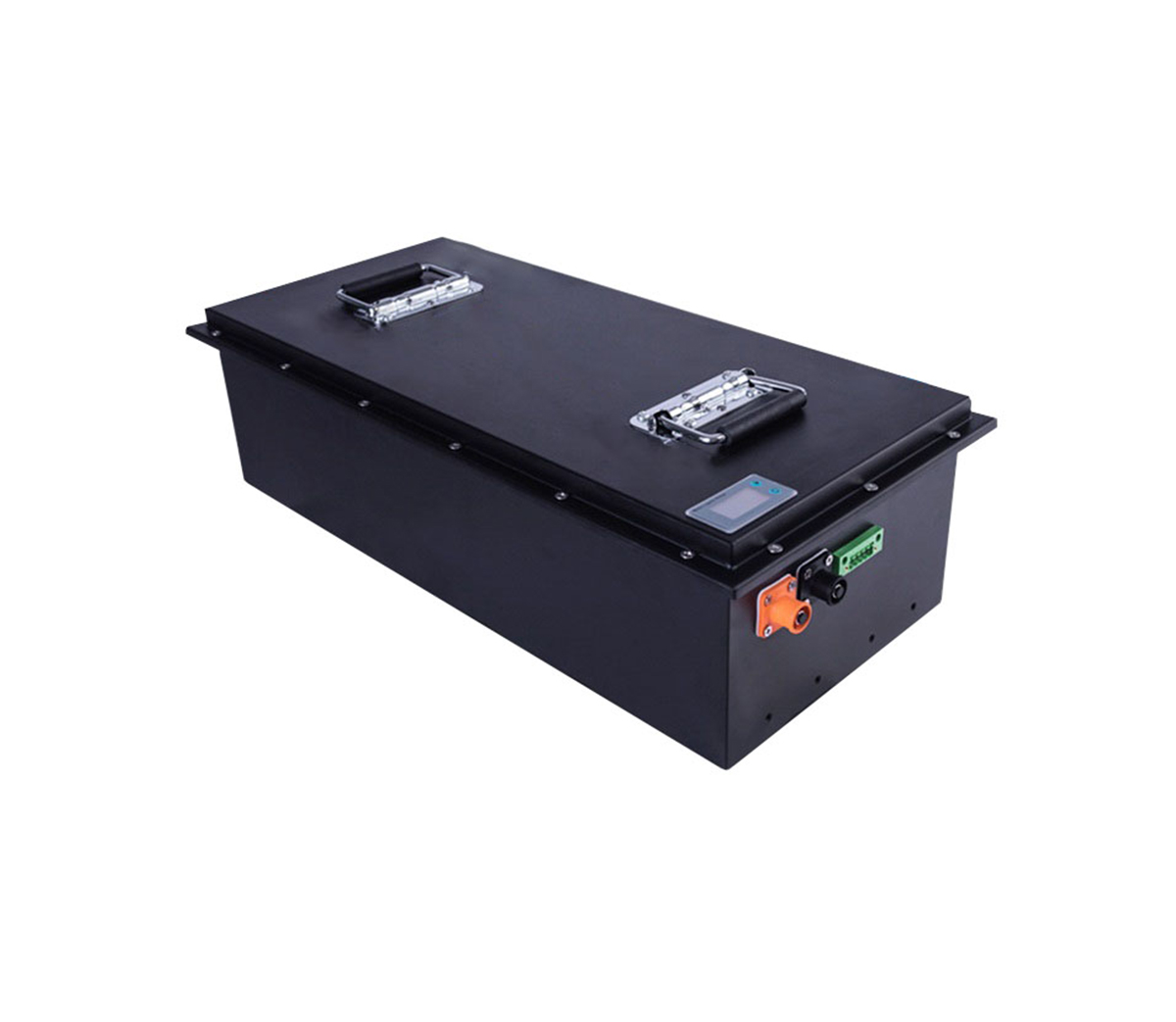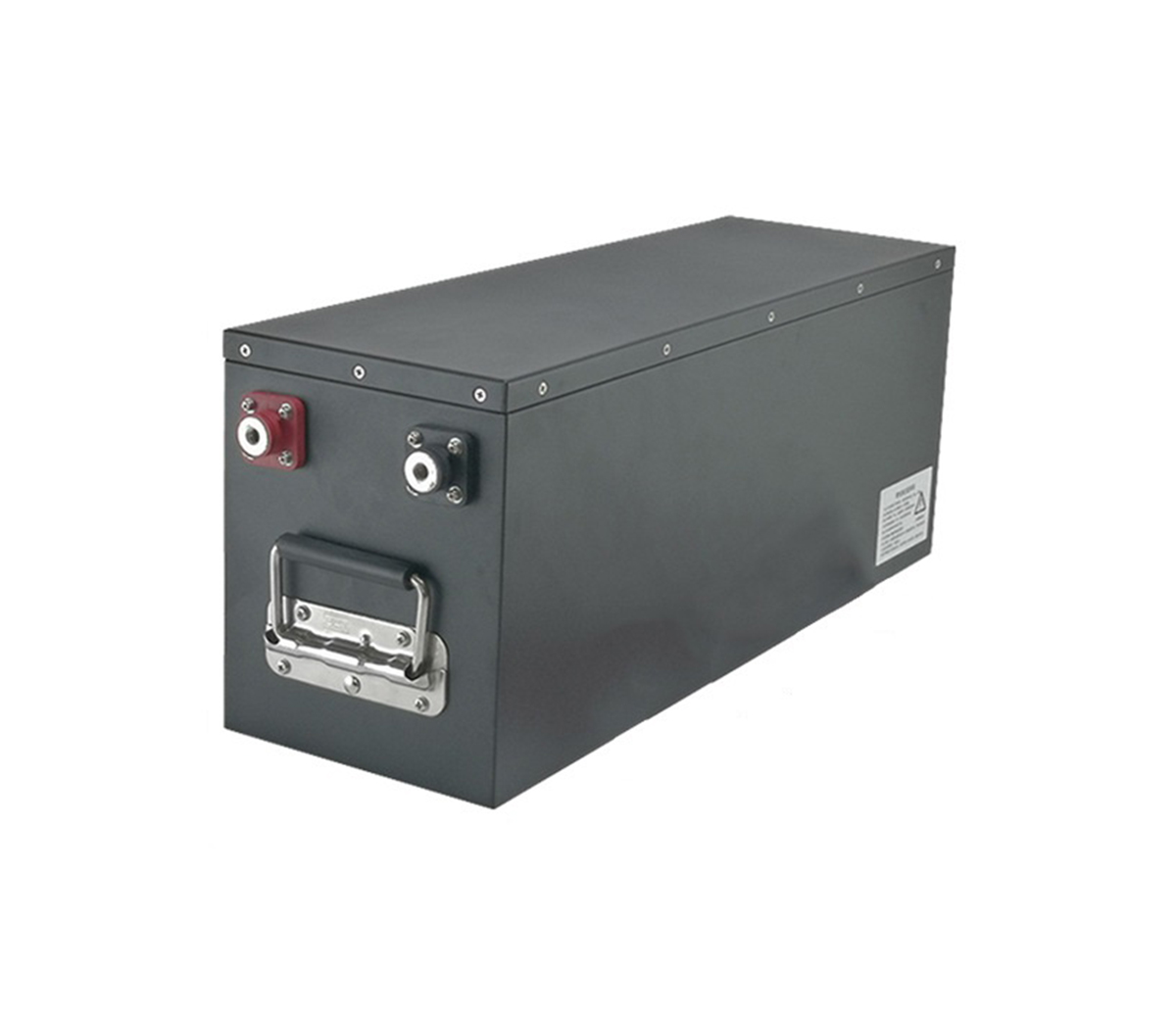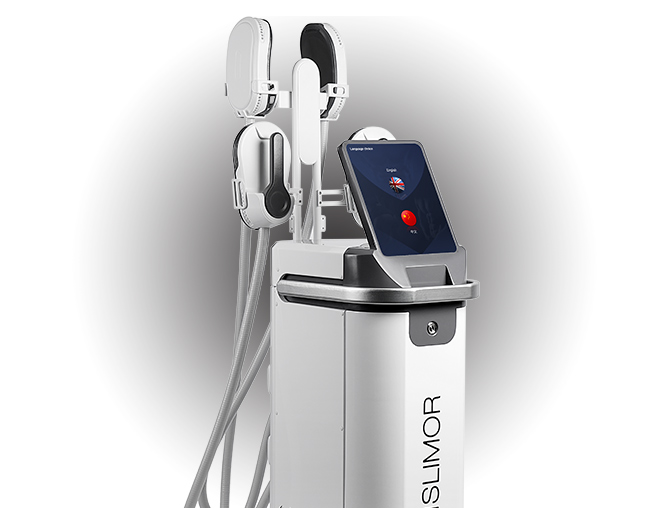The general trend of industry transformation How to achieve new
breakthroughs in the lithium battery equipment industry
According to the "Expected Plan for the Development of Lithium Battery
Engineering Equipment Development Roadmap in 2018" disclosed at the conference,
the output value of China's lithium battery equipment industry in 2016 was about
13 billion yuan, and about 17 billion yuan in 2017. This figure will be 20-30%
per year. Speed growth. It is expected that by 2025, lithium battery
engineering equipment will maintain this relatively high growth rate.
The "Made in China 2025" issued by the State Council in May 2015 pointed
out that after decades of rapid development, my country's manufacturing scale
has become the largest in the world, and a complete, independent and complete
manufacturing system has been established to support my country's economy and
society. An important cornerstone of development and an important force for
promoting world economic development. However, our country is still in the
process of industrialization, and there is still a big gap compared with
advanced countries. The specific performance in the equipment industry is that
key core technologies and high-end equipment are highly dependent on foreign
sources, and the development of high-end equipment manufacturing and producer
services is lagging behind.
This situation is more obvious in the emerging industry that the state
supports-the lithium battery industry.
Recently, the China Automotive Power Battery Industry Innovation Alliance
Engineering Equipment Branch was established and the Intelligent Manufacturing
Technology Seminar was successfully held. According to the "Expected Plan for
the Development of Lithium Battery Engineering Equipment Development Roadmap in
2018" disclosed at the conference, the output value of China's lithium battery
equipment industry in 2016 was about 13 billion yuan, and about 17 billion yuan
in 2017. This figure will be 20-30% per year. Speed growth. It is expected
that by 2025, lithium battery engineering equipment will maintain this
relatively high growth rate.
The "Plan" pointed out that the advantage of Chinese equipment lies in the
large scale of the industry and the opportunity for continuous innovation and
upgrading. The domestic production rate of lithium battery engineering equipment
has reached more than 70%. The disadvantage lies in the lack of industry
standards and brutal development. Due to the weak industrial foundation and the
gap between the manufacturing concept and the international market, the
phenomenon of shoddy manufacturing is serious. Although the production capacity
is sufficient, there are not many high-quality equipment. China accounts for
about 35%-40% of the world's power battery equipment.
"Equipment is the hen of the strong lithium battery and the guarantee of
strong quality," Yang Rukun, chairman of the Engineering Equipment Branch of the
Innovation Alliance and chairman of Shenzhen Jiyang Intelligent Technology Co.,
Ltd., explained the importance of the lithium battery equipment industry with an
image metaphor at the meeting. .
In the past few years, my country’s lithium battery industry has
experienced rising investment and capacity expansion, and the market scale has
emerged. The future is about to usher in a period of transformation, and the
industry will accelerate its reshuffle, achieving an improvement from quantity
to quality. As an important support for the lithium battery industry, equipment
is also facing new opportunities for breakthroughs.
In the "China Automotive Power Battery Industry Innovation Alliance
Engineering Equipment Branch Establishment and Intelligent Manufacturing
Technology Seminar", many experts from lithium battery and equipment companies,
industry organizations, and scientific research institutions discussed the
development route, standard construction, and intelligent technology of power
battery engineering equipment. Comments on topics such as introduction,
collaborative innovation model, etc. were expressed. From their point of view,
we can see a new path for my country's lithium battery equipment industry to
achieve breakthroughs.
Standardization construction promotes intelligent transformationwebcam factory
At present, my country’s power battery shipments have ranked first in the
world, but in general, high-end production capacity is scarce, and low-end
production capacity is overcapacity. One of the fundamental reasons is that the
equipment is not highly intelligent, and the integration of automation,
digitization, and informationization is low. As a result, there is a gap between
the consistency and safety of the company's lithium battery products and the
advanced companies in Japan and South Korea.
Intelligent manufacturing is not only a development trend of power
batteries in the future, but more importantly, it can improve the product
quality of battery companies, which is of great significance to enhance the
overall competitiveness and market share of power battery companies in my
country.
Guoxuan Hi-Tech Power Energy Co., Ltd. IT director Zhou Zhijun deeply feels
about the standardization issues in the production process of lithium batteries.
He said that battery companies have equipment from more than a dozen
manufacturers. Due to the inconsistent interfaces between the devices, they
cannot be interconnected and data collection is difficult. Battery companies
need to coordinate device interfaces with each company separately. If
standardization can be achieved in terms of equipment interconnection and
intercommunication, not only will companies save time and effort, but they will
also be able to achieve ready-to-use and improve production efficiency.
Similarly, Chen Ling, Chief Information Officer of Ningde Times New Energy
Technology Co., Ltd., said: “As for intelligent manufacturing, if it is
impossible to make equipment, it needs an instant feedback and immediate
control. The equipment and terminal equipment themselves must also be
intelligent. , I hope all parties in the industry will standardize the terminal
technology architecture. This is a very painful transformation."
"I think the most important thing for smart manufacturing is
interconnection and interoperability, so that the equipment can hear,
understand, understand and think." Yang Rukun, chairman of Jiyang Intelligent,
added that the lithium battery manufacturing process can also focus on some
processes and summarize 20 quality controls. It can be controlled in several
stages, which can better solve the problems of battery capacity, size,
consistency, stability, and reliability. At this stage, my country's lithium
battery industry has issued a number of national standards, industry standards
and group standards in terms of lithium battery product standards, manufacturing
standards, and equipment standards.
Relevant government departments have also formulated and issued relevant
policies, such as "Lithium-ion Battery Comprehensive Standardization Technical
System", "Guidelines for the Construction of National Intelligent Manufacturing
Standard System", etc., to help standardize the lithium battery industry.
In terms of lithium battery equipment, JB/T12763-2015 "Lithium-ion battery
winding equipment", DB44/T1668-2015 "Lithium-ion battery continuous welding
machine", DB44/T1925-2016 "Li-ion battery scraper equipment" have been released.
. The standards being drafted include 2015-1325T-JB "Lithium-ion battery pole
piece coating machine", 2015-1326T-JB "Lithium-ion battery cell stacking
machine", 20160533-T-604 "General technical requirements for lithium-ion battery
production equipment" ".
Xie Bingbing, an expert of the National Intelligent Manufacturing
Standardization Expert Advisory Group, chief engineer and researcher of the
Beijing Institute of Machinery Industry Automation, emphasized that intelligent
manufacturing must be standardized first. To carry out smart manufacturing
standardization, one must focus on top-level design, second, to verify the terms
of the standard, and third, to build an organization that meets the requirements
of smart manufacturing standardization.
China Automotive Power Battery Industry Innovation Alliance Engineering
Equipment Branch came into being. One of its main businesses is to organize and
implement industry standards, and actively conduct research, demonstration,
evaluation, and follow-up of relevant standards and regulations for automotive
power battery manufacturing engineering equipment. In 2018, the Engineering
Equipment Branch plans to establish a project to develop 2-3 core key
preparation standards with significance in the lithium battery era.
The path to realize is to grasp basic research
Wang Zidong, director of the Power Battery Laboratory of the China North
Vehicle Research Institute and director of the 863 Electric Vehicle Major and
Special Power Battery Test Center, pointed out that the state has supported more
research work on basic materials for power batteries in recent years, but it has
supported research on power battery production equipment. not much. The
structure of R&D personnel in equipment companies is unreasonable, and there
are not enough professional talents.
He put forward four suggestions. First, the relevant state departments
should increase support for power battery production equipment and technology,
and establish a special fund to support the research and development of key
equipment; second, power battery manufacturers should improve their
understanding of power batteries and strengthen production processes and
equipment. For matching technology research, we must learn to set requirements
for equipment companies; third, through equipment upgrades, improve the quality
control ability of the production process, increase production efficiency, and
reduce costs; fourth, the development of power battery production equipment
should focus on the "four highs" (high reliability) , High-precision,
high-efficiency, high-automation) make a fuss, upstream and downstream
enterprises should fully communicate and cooperate.
As a true practitioner, Yang Rukun also described the "three-step" strategy
to realize the vision of intelligent manufacturing. The first step is
model-based digitization, the second step is based on big data intelligence, and
the third step is constant intelligence.
For example, in the process of adding powder, the current equipment cannot
determine the impurity data of the electrolyte. If a set of data (iron, nickel
content, etc.) can be detected within one millisecond, it will have practical
value for the development of the industry, which requires digital technology
Support. From the perspective of the main line of the entire factory design,
especially the incoming material design, it is necessary to establish an
industrial Internet architecture. Through analysis, the hybrid cloud
architecture is more suitable for battery companies.
Siemens has accumulated a lot of experience in digitalization. According to
Wang Qiling, technical director of Siemens Industrial Software's Key Account
Department, Siemens can provide four aspects of services. One is the platform,
which can provide software and software interconnection from the front-end
R&D system and analysis system; the second is MOM, including the
manufacturing operation management of the production process. ; The third is the
data acquisition system, including various PLC and TIA automated equipment; the
fourth is the big data integrated simulation to help companies better realize
data-driven battery experiments and production.
From the perspective of the entire power battery industry, BYD is planning
around a "smart factory". According to reports, automation should be done first,
and the influence of manual differences should be eliminated as much as
possible. The second is lean thinking, which is the core idea of BYD to build
a smart factory.
"Data integration and utilization is the priority. BYD's next plan is not
to let the data lie in the server, and to make full use of them." The relevant
staff of BYD's power battery division said.
Ningde era believes that the basic framework of intelligent manufacturing
is divided into three layers, namely R&D and design layer, enterprise
operation layer and equipment layer. Currently, CATL is trying to get through
the entire process from R&D to mass production, demand to verification. What
is more worth looking forward to is that CATL is deploying the industrial chain
clustering of manufacturing bases, and plans to comprehensively collaborate in
the fields of R&D, supply, logistics, manufacturing, data, and security,
moving from conventional operations to new manufacturing concepts.
"Finally is to open up the information island. The lithium battery
industry, especially the power lithium battery, is still very young. The data
and information must be extended to the front, from a single point of speed
analysis to working condition monitoring, after-sales maintenance, production
equipment, process equipment, process parameters, Comprehensive traceability of
process inspection, incoming material inspection, incoming material process,
design, trial production and verification information, so as to realize the
entire development of informatization and intelligent manufacturing." said Chen
Ling, Chief Information Officer of Ningde Times.
In terms of lithium battery equipment, the pioneer of domestic intelligent
manufacturing, Jiyang Intelligent, is a national high-tech enterprise
specializing in providing intelligent equipment for lithium-ion power battery
manufacturing, and is the undertaking unit of the national lithium battery
equipment standard formulation and revision working group. Since its
establishment 12 years ago, Jiyang Intelligent has 6 foreign authorized patents,
18 PCT patents, 146 domestic inventions, 134 utility model patents, and 42
software copyrights. Scientific research technologies represented by core
invention patents such as lithium-ion battery winding, lamination, and laser
cutting have been in the forefront of the world.
"The pass rate of power battery manufacturing is about 90%, and it will
reach 96% and 97% in the future. This is not a idiotic dream. The current state
of intelligence is at an early stage, and we need to achieve it in one link and
one link." Yang Rukun encourages enterprises in the industry to concentrate on
Do a good job in basic research and join hands in the future agreement of
"intelligent manufacturing".
Collaborative innovation and more combination punches
"A wooden barrel can't hold water if it's short." At the inauguration
ceremony of the Engineering Equipment Branch, Dong Yang, chairman of the
Innovation Alliance and executive vice chairman of the China Association of
Automobile Manufacturers, called on the entire industrial chain of material
companies, battery cell companies, and equipment companies involved in the
development of China's electric vehicle industry to strengthen cooperation.
.
The lithium battery production process is complex and numerous. The
manufacturing process is divided into six core modules: slurry preparation, pole
piece manufacturing, core package manufacturing, battery cell assembly, dry
liquid injection, and chemical composition capacity. Each module has different
processes and equipment, and the accuracy, stability, and efficiency of each
equipment affect the quality and efficiency of battery products.
In view of the complexity of the manufacturing process, experts in the
industry generally believe that lithium battery manufacturing should be
collaboratively innovative. As Yang Rukun said: "Lithium battery technology
continues to develop, and manufacturing technology is also constantly improving.
It is difficult to adapt to the needs of rapid development alone. If the
advantages of these companies can be put together and the shortcomings are
avoided, Chinese lithium battery companies will still Will achieve better
development."
He also proposed a simple model, that is, in accordance with the target
demand, or in accordance with the principles of the business model, the
equipment company takes the lead, the battery company participates, and even
multiple battery companies participate, integrate innovative resources, and
jointly build an ecological environment for lithium battery equipment. Seek
major breakthroughs in battery manufacturing technology and equipment,
accelerate the realization of China's power battery industry innovation, and
form international competitiveness.


































